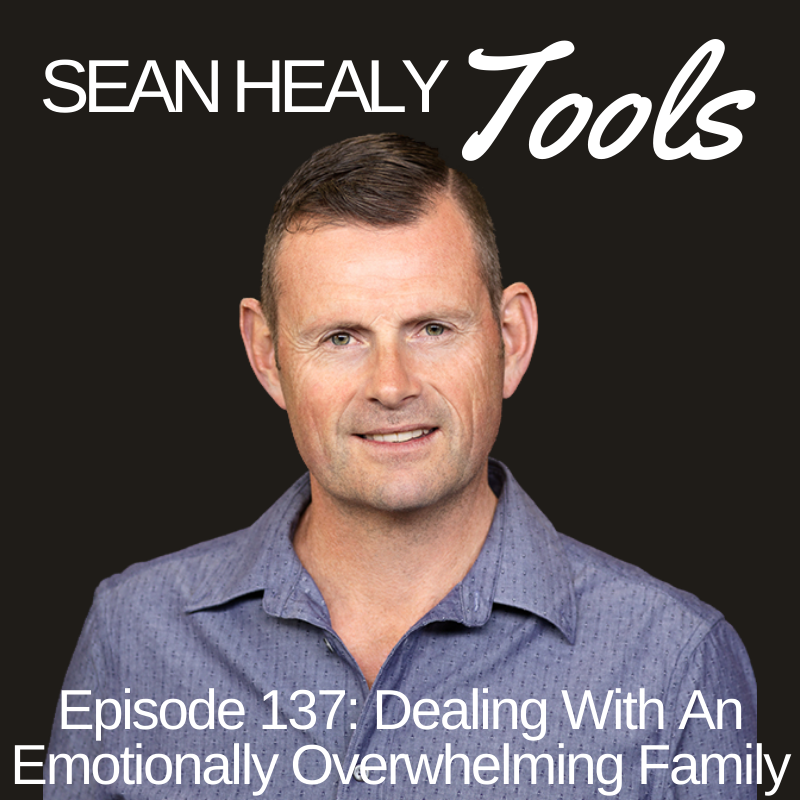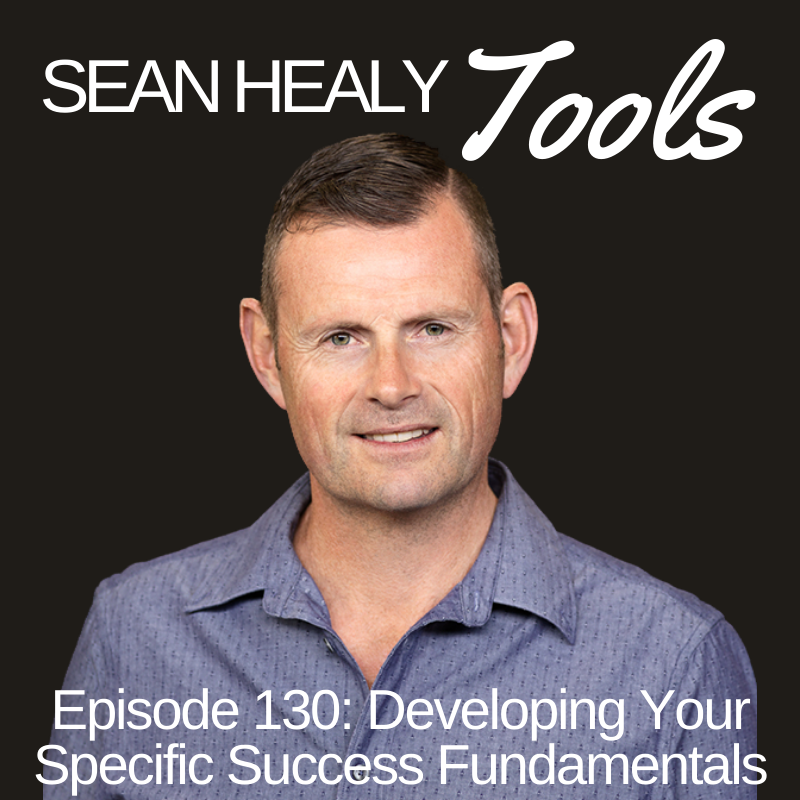How couples fall into relational imbalance
I am fascinated by patterns of relating that we fall into in relationship especially with the passing of time. Some of these patterns promote intimacy, closeness and desire.
Others patterns, if left unattended over time, can leave our relationship vulnerable. We can be in a relationship and yet feel frustrated, lonely and unsupported.
In this episode, we look at how couples can slowly fall into the trap of being overly focused in one area of relational life (eg: career) and expecting our partner will cover off the other areas (eg: keeping up with family commitments). It is wonderful to work as a team and be responsible for different areas if that is agreed upon. However when this tips into becoming, for example, overly responsible at work and yet having no idea about the day to day running of the family home then we may have taken things too far. This means that consequences are likely to start appearing over time such as feeling like an outsider in your own home.






















